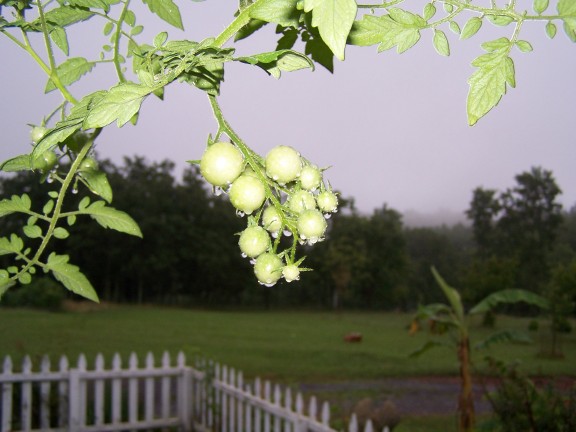2014 Gardening Goals, High Intensity Gardening
I think practically every gardener spends January (in the northern hemisphere at least) pouring over seed catalogs and planning their spring and summer gardens, and I am no exception. As soon as the New Year’s celebrations are over, seed catalogs start pouring in the mail enticing us with their bright pictures and promises of high yields.
Over the years, though, modern growing methods have left most of us feeling disappointed. On our farm, we have been trying new methods of organic techniques, incorporating permaculture, and avoiding quick solutions such as pesticides and herbicides. So, I was thrilled to come across a new method of gardening called High Intensity Gardening which can literally help the plants to express their full genetic potential, while improving the condition of the soil and the nutritional content of food. For example, a tomato plant has the genetic potential to produce 400-500 POUNDS of tomatoes, but due to our growing methods, toxins, nutritional deficiencies,etc., we fall short of its potential.
John Kempf is one of the greatest advocates and educators of High Intensity Agriculture. He has formed an organization called Advancing Eco Agriculture. You can listen to him here in an interview with Dr. Mercola offering a brief explanation of the methods and outcomes.
http://www.youtube.com/watch?v=MQDbkSn9rpo#t=1533
Last year, I demonstrated in an article called “Compost” the amazing results of using compost in the garden. Mr. Kempf discusses the benefits of compost “tea,” a liquid made by fermenting compost in water, generating an enzyme and beneficial bacteria-rich liquid for the soil. Kempf draws the similarity with Dr. Mercola, that just as humans’ digestion benefits from beneficial organisms, the soil is the plants digestion and benefits from pro-biotics as well. Here are two videos showing Kempf’s Plant Health Pyramid.
As I consider my seed choices, I will also be researching recipes for compost tea. And with a few exceptions, I will not be ordering from most of the major seed catalogs, who provide overpriced packets with scarcely any seeds. Ever since starting this blog, we have provided a link to Gourmetseed.com where we buy our seeds. The majority of the seeds come from Europe where cross-pollination with GMO crops is not as great an issue. The packets are reasonably priced and usually contain hundreds of seeds in each. I am awed by the quality and quantity.
It is increasingly necessary for small farmers to embrace these natural growing methods and seeds. Top soils across this country are microbiogically dead, and can only produce if given chemicals, yielding nutrient deficient food.1 Since Big Ag has not responded to the call for better farming, small farms are leading the way. Please support your local farmers!
1. http://www.soilandhealth.org/02/0203cat/royal.lee.lets.live.articles.htm

